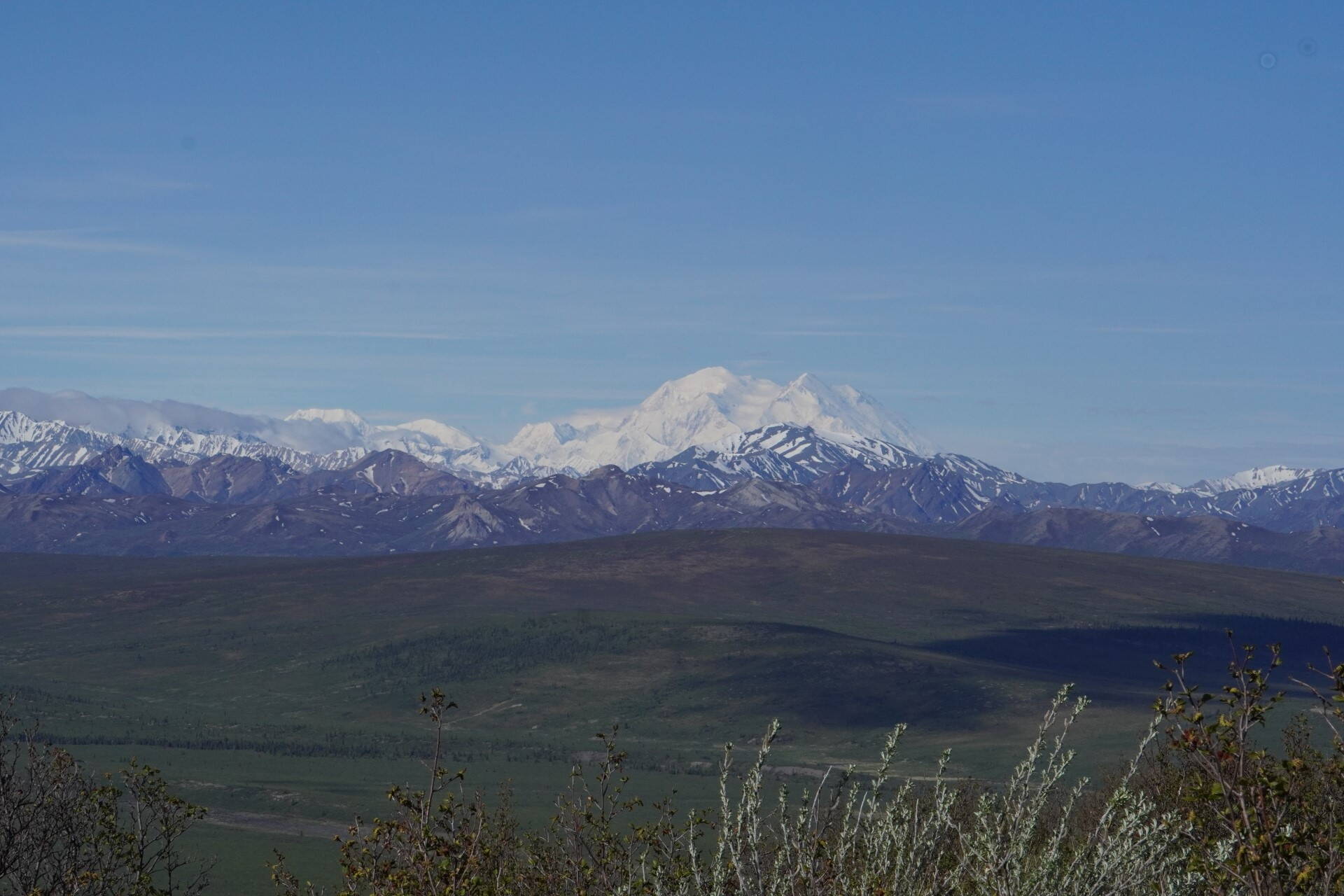While people are usually up for a good fight, things seem to get particularly heated this time of year. It’s cold, it’s dark, our team’s out of the playoffs, so online we go to make anonymous posts on community Facebook pages lashing out or oversharing.
“Recognize this car? It was…by the…and I…”
Call out culture at its finest.
We show off our recently acquired PhDs in environmental science, history and economics — earned from the University of Facebook, TikTok College, Instagram State or all three.
Hunters and anglers are no exception. We argue about the latest attempt to close areas to non-federally qualified users. We debate whether or not the road to Ambler would be a significant detriment to habitat and wildlife populations, or if, like the Haul Road, it might end up being a tremendous opportunity to open up access to Alaskans.
As usual, I am conflicted. The world doesn’t work in clean Us vs. Them battles and that’s a good thing. Arguments are pitted as being Conservation vs. Preservation, but both philosophies are open to individual interpretation and vary based on geography. This is why so many people are noticeably quiet regarding certain issues. It’s not as easy to pick a side as some would make us think.
To non-hunters, hunting can very much look like antler bingo. All players checking off what they have, and comparing themselves to those who win the prizes, sponsorships and notoriety by having more.
This is the caricature that is created to influence people to join anti-hunting causes. But caricature creation is not limited to one group. The oblivious non-hunting caricature isn’t representative of the entire non-hunting population, neither is a non-resident stereotype.
Knowing this allows us to differentiate between reality and a catastrophized world in which everything and everyone is a threat unless their worldview aligns perfectly. It’s difficult to navigate at a time in which compromise is seen as weakness and people scrutinize words and phrases, ignoring intent, attempting to see if this person is friend or foe.
Listening is not a crime. You’re not a traitor for asking questions of your team and the other team. It allows us to find holes in our arguments and better articulate our own worldviews or change them if need be.
It also allows us to better recognize real threats from perceived threats. To be sure, there are both, and the ability to focus attention and meaningfully participate in productive advocacy better allows an environment of helpful change.
Many times the biggest threats end up being an inability to be flexible and feeling just in breaking the rules or prioritizing self without scrutiny. I get to circumvent the laws because I am right and I am helping us avoid an existential threat.
If we make everything an existential threat, then we start to justify breaking the same rules we feared the other side would. We become a reflection of what we hate.
There are people who will take advantage of people willing to engage in good faith. But not everyone, and it’s difficult to sniff out who is who when we create caricatures.
As we continue through the season of fish and game proposals, it’s instructive to read and ask questions. Some proposals are every bit as self-serving and bad as they seem, but some aren’t. And even if I think something is scienceless and unnecessary, doesn’t mean anyone has to agree.
We’re all Alaskans until people start talking about fishing and hunting. Then we subdivide ourselves. Commercial vs. subsistence. Local vs. non-local. Born here vs. not. If we want to get things done in a productive manner, we need to never forget we’re neighbors too.

